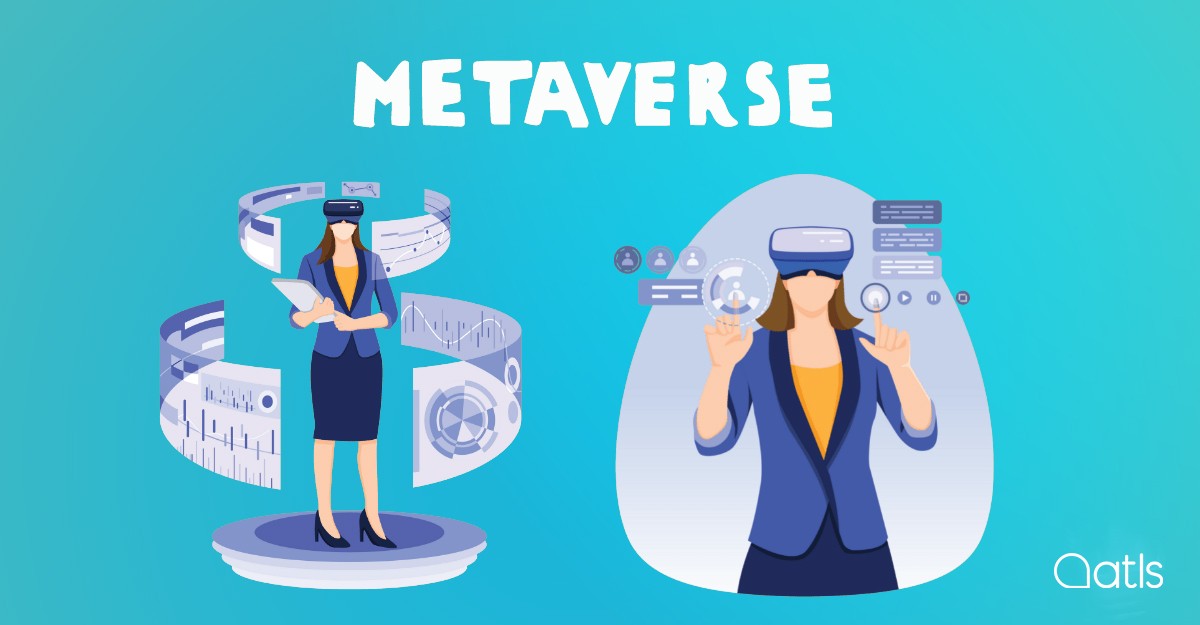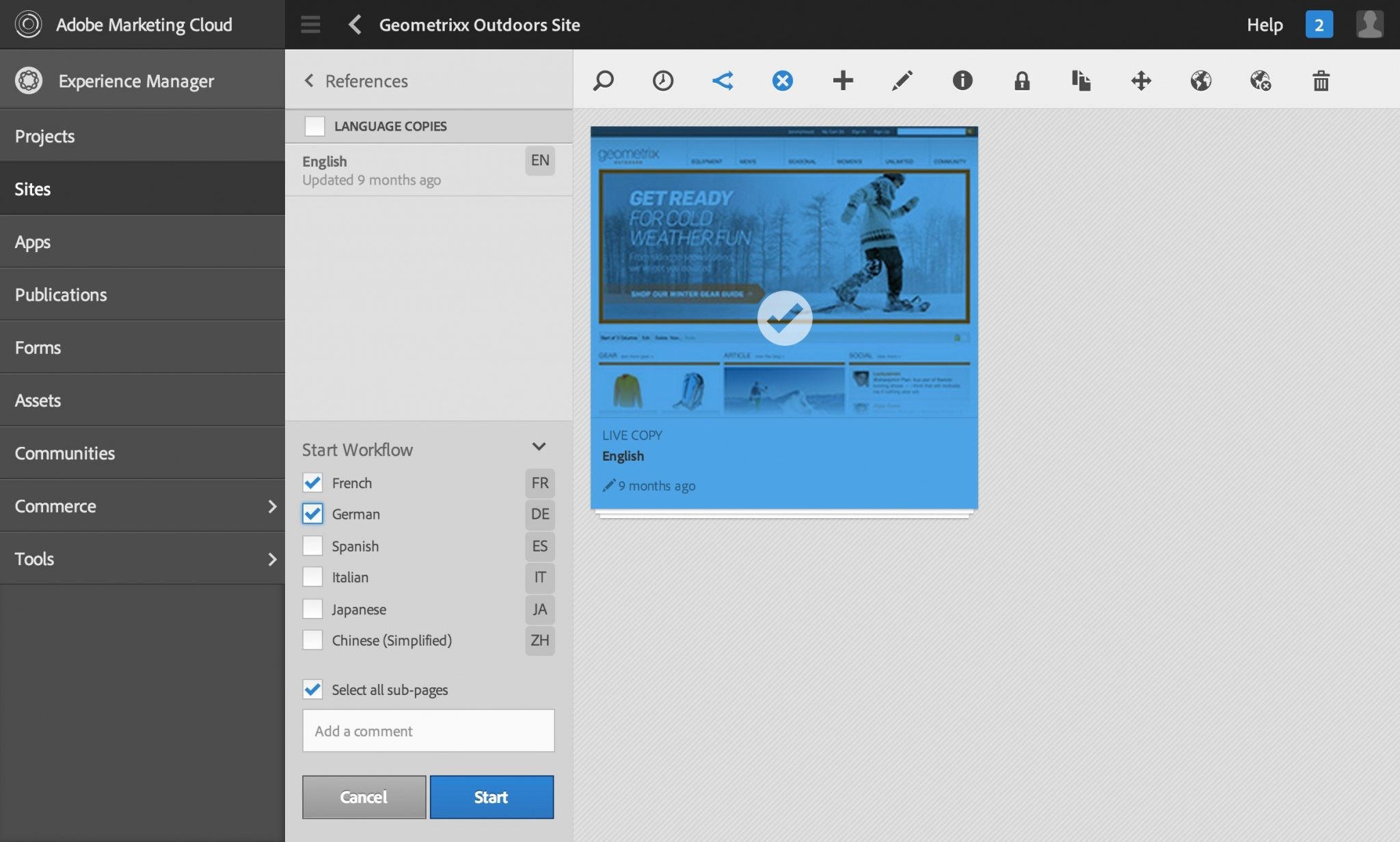Metaverse: can it be translated?

Can you imagine a fully digital world, where you no longer need to leave the house to watch a film at the cinema, your favourite group in concert, go to an exhibition or see some sights? A limitless world, accessible at all times, where you can evolve to your heart's content and be whoever you want to be? And can the metaverse be translated? Find out about it in this article.
What is the metaverse?
We're going to attempt to explain exactly what the metaverse - the concept of a virtual world being fully embraced by Meta (Facebook), Google and Microsoft - actually is. In fact, it's not an entirely new concept. The term was coined by Neal Stephenson in his science fiction novel Snow Crash, essential reading for Silicon Valley entrepreneurs.
We're going to try to put it all as simply as possible in the post, so you don't get lost in the technicalities. We'll also take a look at some of the opportunities it's set to offer, and give you an idea of how much is missing - and what needs to happen - for the concept to become a reality. And of course where translation comes into it all.
The metaverse is a virtual world we'll connect to with virtual reality glasses. The sensors in the glasses will record our physical movements, making us believe we're actually there. And we'll be able to interact with it as though it were an external reality - a totally palpable world.
A parallel world
It's hoped that the metaverse will cross the borders into the physical world, until the real and virtual worlds end up as one. Too ambitious? Platforms might adopt different forms, like videogames, cafes, nightclubs, libraries, offices, shops, bars, casinos and monuments, etc. Meta's vision is that the metaverse will offer just as many opportunities as the real world - to the point that we'll even be able to set up our own businesses in it.
These platforms will go beyond communication. They'll be created so users can interact with their virtual environment, making the immersive experience even more realistic.
Avatars (the user's identity within this universe) are also programmed in such a way that internet browsers will be able to understand expressions, gestures and all non-verbal communication. Making the metaverse an incredibly realistic place!
Ultimately, it looks like we'll be able to speak to people and properly look them in the eye, walking around virtual worlds... and it won't even matter where you're connecting from. And we'll even be able to express ourselves just as we feel - rather than being bound to our actual physical form.
Metaverse has the potential to go to heights as yet unseen from a content platform. It will be possible to create mini virtual worlds to convey a message, speech, participate in an online event... even play.
But as yet, we're still some way off EVERYONE being able to connect to a metaverse we can all interact with. The virtual universe needs developing, as well as the technology required for us all to connect to it. And when it does exist, we'll also need the technology to make it accessible to all.
Over the next few years, you'll undoubtedly read and hear about several companies starting to develop everything they need to connect us to the virtual world. It's certainly an interesting concept, and it comes with a host of business opportunities for companies. As time goes by, we'll start to see it taking shape.
Can the metaverse be translated?
Because of (or thanks to) the pandemic, we've become more and more used to using new technologies. They're all evolving over time, and for many companies, the metaverse holds the key to freeing ourselves from the limits of reality and opening up as yet unexplored frontiers.
After the internet - and its countless developments over the years, the metaverse is undoubtedly the future of our global information exchange network. And in a few years, both companies and people are going to need to be a part of it.
With this outlook in mind, the localisation of virtual universes will be an essential route to success in any of the markets you want to sell in. Translating the metaverse isn't an option. It's an obligation for all the tech companies on the planet who are committed to this virtual world.
And, of course, this is a place in which the user experience is paramount, so full translation and localisation will give users realistic and rewarding experiences.
The metaverse: translation or localisation?
Translation consists of translating the content of a text from one language to another, but localisation goes further and involves a cultural dimension - adapting a product or service to a particular market, prioritising the culture of each country.
Translators who work on app or website localisation aren't only native language translators and experts in the subject matter being translated: they have a marketing background, giving them the skills to make the platform attractive in the target market, and ready for marketing in line with prior market research.
Localisation involves adapting graphics, slogans, formats, colours, etc., so the overall presentation will be analysed and restructured in full. For example, a metaverse designed in Spain and aimed at a Spanish audience might be problematic in other countries. The format, graphics and messaging need to be translated and adapted to different cultures in order to get winning results.
When localisation is planned and implemented well - and managed by a translation company with a solid track record - the virtual world can be perfectly recreated and adapted to any target culture.
Translate... and win!
We're on the brink of a virtual reality boom, and brands need to be ready to reap the rewards in international markets.
Plus, developments in this area, and the highly sophisticated products being developed, have made virtual reality comparable to feature films - complete with stories and dialogues worthy of major films.
And it all needs localising, to guarantee that exactly the same message is conveyed in the target language.
As you can see, translating the metaverse is more complicated than it might seem at first sight, and that's something developers should take into account before launching their products to other markets.
If you want international success, quality localisation is key. And to get that level of quality, the only option is to work with a translation company with a proven track record in marketing translation and audiovisual localisation. Shall we talk?




